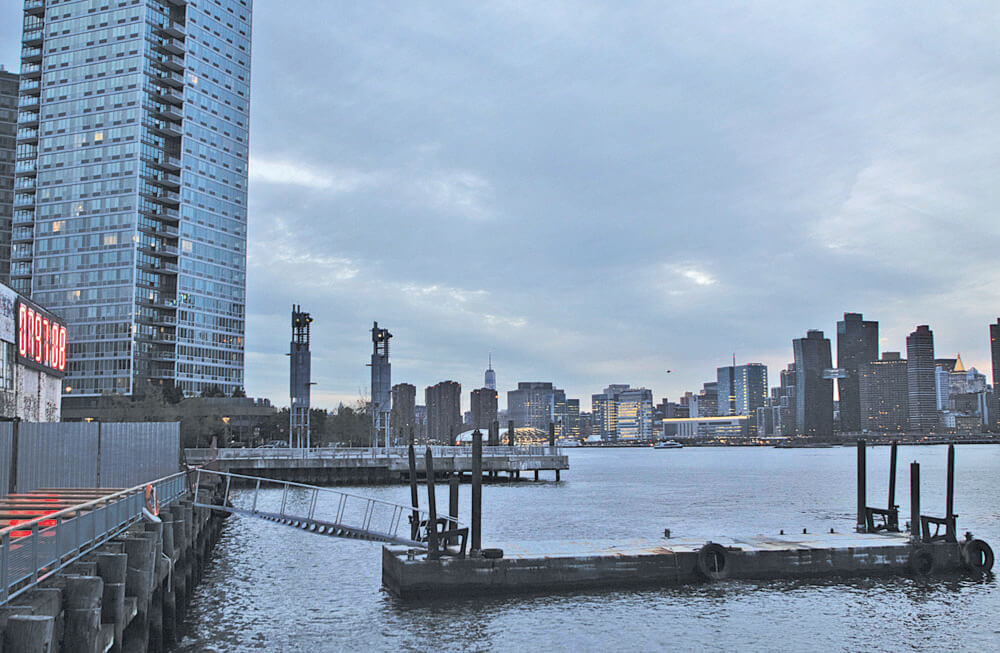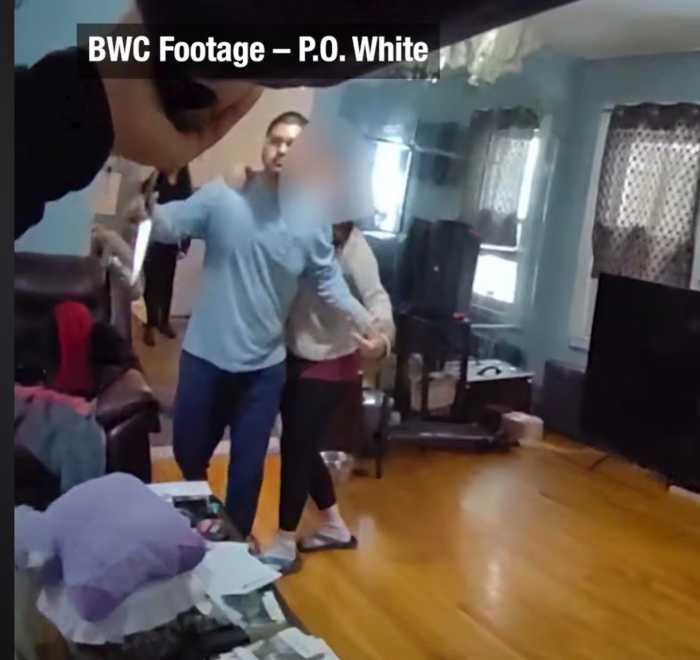A Long Island City real estate broker wants to assure residents that just because Amazon is coming doesn’t mean that the neighborhood will lose its sense of community.
“Beyond just dollars and cents this is a great opportunity for the community to see an improvement for a lot of lives,” said Robert Whalen, director of sales at Halstead Real Estate, a tristate area real estate brokerage firm.
According to Whalen, local real estate firms won’t be the only ones who will benefit from LIC’s soon-to-be new neighbor. In order to make sure everyone in LIC benefits, he stressed that between brokers and community members must have a more open dialogue — because, ultimately, both pro-Amazon and anti-Amazon residents want the same things.
“We just differ in how we should get there,” said Whalen.
Multiple Amazon protests have already taken place in Long Island City, with many residents upset that with the company’s arrival, longtime low-income residents could be pushed out. Some residents have been fearful that tax breaks for Amazon means less money for Long Island City schools and infrastructure.
Since Amazon announced that Long Island City would become home to one of its HQ2 locations, the real estate market has seen a surge in interest with traffic at Halstead open houses being three to four times higher than normal.
Many properties have attracted multiple buyers. Walk in traffic at the firm’s Vernon Boulevard office has doubled and phones are ringing off the hook with sellers asking for advice. The price for residential and commercial space will most likely skyrocket as Amazon’s arrival grows closer.
Long Island City was already the fastest-growing neighborhood in the United States before Amazon announced its impending arrival and has been an industrial center for decades.
According to Whalen, Amazon’s arrival and the resulting influx of people in Long Island City is part of the normal evolution of the neighborhood.
“It is going to accelerate it and give it a little more definition,” said Whalen.
Whalen not only works in the neighborhood, but he’s also lived there since 2007. He said that the increased development brought more restaurants, martial arts studios, soccer leagues, salons and other businesses that he, his family and neighbors can enjoy.
“It’s a little bit different and the buildings are shinier but there is an interest in preserving that,” said Whalen.
But in order for progress to happen, he concluded, Long Island City residents need to accept and try to work with Amazon and each other.



































